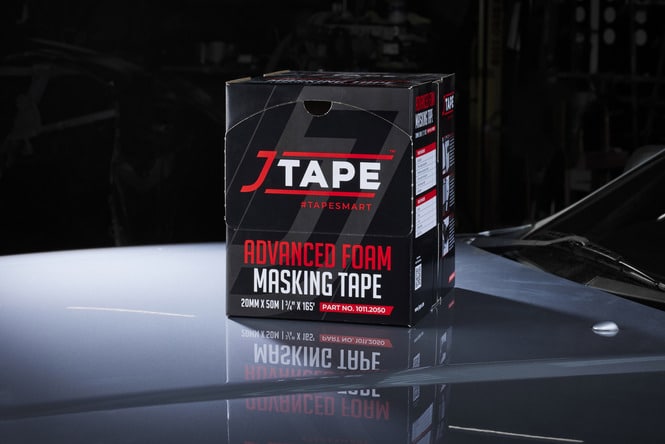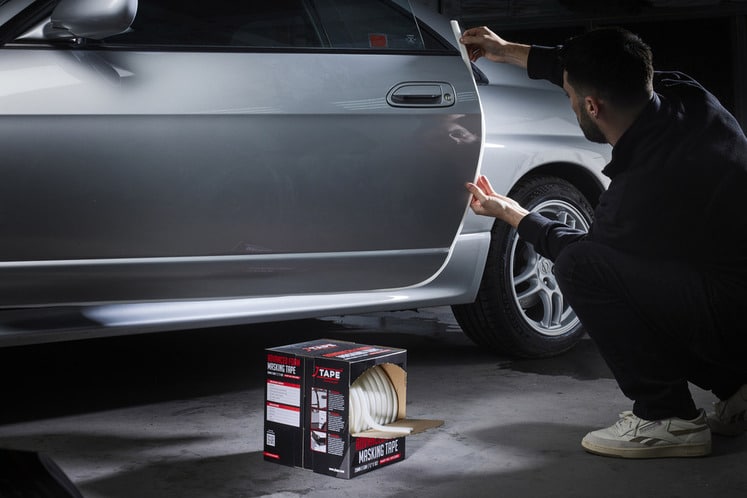8 Qualities to Look Out for in a Private Label Manufacturer
When you’re deciding which private label manufacturer to choose, it’s crucial that your business gets it right. The stakes couldn’t be higher. Not only might this decision cost your business money, but it might also impact your business’s reputation, losing you customers in the long term.
It’s not just about who can perform the task once, but who can reliably perform it over and over again – that’s where a truly great private label partner sets itself apart.
With so much riding on the decision, taking a structured approach will likely be your best option to ensure that the future success of your business is in safe hands.
Below, we’ll detail the properties to look out for when you’re looking to succeed as a manufacturer.
What to look out for in a private label supplier or manufacturer
Each industry will have different requirements from a private label supplier or manufacturer, but the core principles apply across the board. These fundamentals will shape the trajectory of your business relationship with your chosen partner.
Product quality
First things first, the product has to regularly meet stringent quality standards. Whether the focus is on adhesion, durability, surface protection, or temperature resistance, your private label supplier must be able to provide private labels that match your requirements and expectations.
The very best private label suppliers not only work alongside their partners but also engage in rigorous in-house and third-party testing. This commitment to continuous development has been known to unlock unique properties that set your products apart from the competition.
Don’t be afraid to ask for samples before you sign on the dotted line. A confident, reputable supplier will have no issues sending samples across to demonstrate the quality of their products.

Suitable minimum order quantities (MOQs)
Even if a company can produce high-quality goods, it might not be able to it in the numbers your business requires. The ideal private label partner will meet your business’s needs and also scale with your business, allowing for a long-standing business relationship that can help drive prices down and improve the standards of the product.
Transparent pricing
Particularly when ordering products in large quantities, pricing should never be a guessing game. Private label partners worth their weight will have an upfront pricing structure that includes tooling costs, setup fees, per-unit pricing tiers, and optional services.
This transparency not only builds trust, but it also helps you accurately forecast and manage your company’s margins.
Experience and track record of success
Longevity isn’t everything in business, but it tells you an awful lot about a company. A company that’s been in the industry for decades has had to consistently deliver to clients, scale their business, and no doubt, weather a few storms that they’ve turned into learning experiences.
Demonstrable track records might come in the form of client testimonials, case studies, or successful partnerships spanning years. All of these things can help you to assess whether your business partnership might be a long and prosperous one.
Communication and support
A great product means little if the communication behind the scenes is poor.
Excellent communication can turn a supplier into a partner that you work alongside for years to come. So, does the supplier keep you updated, are they responsive and proactive? Do they offer technical support during and after the project?
If you answered yes to these questions, then you’re likely doing business with a reputable, high-quality private label provider.
Reliability
Delays, missed deadlines, and inconsistent stock don’t need to happen regularly for them to become a headache. Just one missed deadline can set back product launches, undoing months or years of hard work. Again, using client testimonials and case studies can help you evaluate if this is the right company for you to do business with.
Compliance and shared values
Today’s business landscape isn’t just about profits and product performance. The supplier also needs to meet legal compliance standards for safety, environmental, and trade standards (e.g. ISO, REACH, ROHS, CE). But beyond regulations, shared values, such as sustainability, innovation, or ethical labour, might be the difference between two sets of suppliers that don’t have much else to separate them.
Customisation options
While it’s not essential for every company, some brands rely on the ability to customise their product offer in a variety of ways, helping to strengthen brand identity and extend a brands reach to new markets. Things like brand-specific colours, materials, bespoke product designs and packaging might be just as important as adhesive strength, format and roll size.
Whatever your business’s priorities, you must ensure that your chosen private label partner can sufficiently meet your needs to differentiate your brand and target niche segments of the market.
Tape-specific private label considerations

Everything we’ve covered so far applies to most private label manufacturing. Tape manufacturing, on the other hand, comes with its own unique demands. If you’re looking to launch or expand a tape product line, you might want to consider the following additional qualities.
Tape-specific properties for different applications
Depending on the application, tapes might need wildly different characteristics. Automotive, marine, and construction tape differ hugely in their properties, and that’s just a few examples.
If your use case is specific, you’ll need a tape provider that can not only identify the key characteristics your tape will need but also develop the product from the theoretical into the practical.
A good tape partner will begin by discussing what your business needs the tape for, before using their vast experience to begin manufacturing. A key aspect of this being the continual approval of the product at different stages of its production.
Proven performance
For your customers to be confident in your brand, they need to be confident in your products. Reliable results speak volumes to customers, giving them the go-ahead to purchase your products again and again.
Like we mentioned earlier, your tape supplier should have robust internal testing for attributes like shear strength, tensile strength, temperature resistance, etc. The best manufacturers even look to third parties to verify their claims.
Sector and product knowledge – and sharing it
The ability to share sector-specific knowledge and combine it with product-specific knowledge is something reserved for the very best tape manufacturers with years of experience under their belt across a variety of clients.
Ultimately, your tape supplier should provide more than just the product; they should also provide insight into the industry you work in. If it’s an entirely new industry you’re breaking into, insight from suppliers can be a crucial aspect of your business’s success.
Expansion and innovation support
A forward-thinking supplier will not only allow you to grow but also actively support it by suggesting new products based on customer feedback, identifying complementary products, or allowing access to the latest developments in adhesive technology.
Your supplier can play a key role in your ability to adapt to changing market demands through their innovations, giving you a powerful strategic advantage over your competitors.
Selecting the right private label tape manufacturer isn’t just about ticking boxes. It’s about finding a partner that aligns with your standards, values, and ambitions to achieve a common goal together.
If you’re looking to create your own line of tapes with the assurance of tested performance and trusted support, JTAPE can help you achieve this.


